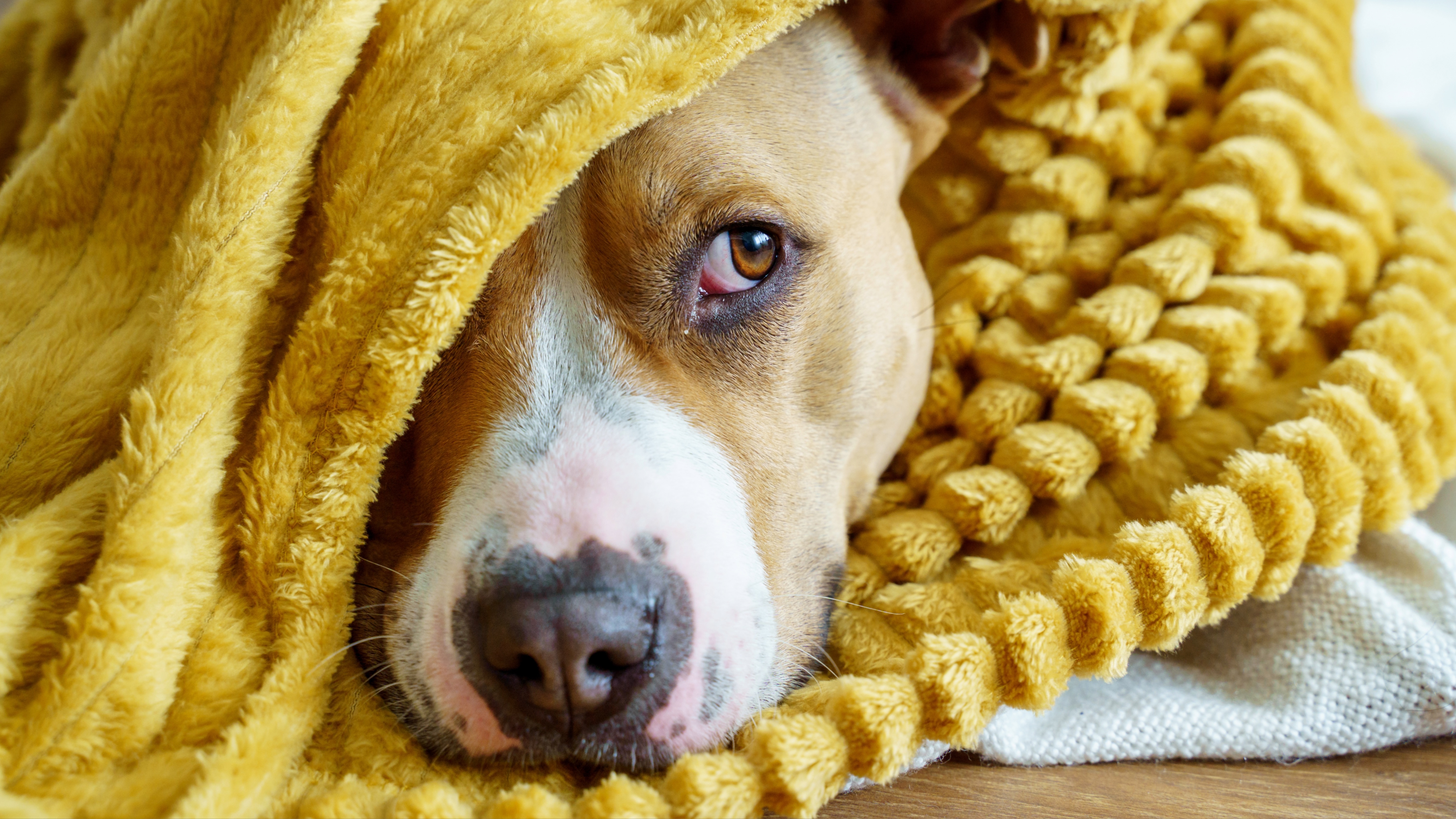
Before you get a dog, you might have a very clear idea in your head of what things will be like. For some people, the reality will be similar to the sort of thing they imagined. But for others, it can be quite different.
After all, dogs are all individuals with their own personalities, so you never truly know what your experience will be like. They might be happy playing with one of the best dog puzzle toys, be more needy, or even be nervous around you for a while.
Sometimes, you might find your dog more challenging than you expected, which might feel disappointing, but could actually be a blessing.
This might be more likely if you’re adopting a dog rather than buying from a reputable breeder. While rescuing a dog can be incredibly rewarding, you’re getting a dog who has already experienced some of their life without you, and may have had some negative experiences in the past. Check out these 32 facts you need to know about adopting a dog for more information.
Award-winning trainer Lisa Burton of Listen Dog Training has explained in more detail in a recent Instagram post why not getting the dog you wanted may be a good thing, and we think it’s extremely eye-opening.
“If your dog struggles with any kind of behavioral issue – be it separation anxiety, reactivity, hyperactivity, fear, aggression or anything in between, the scenario you face is going to tease your own insecurities to the surface,” says Burton.
She explains that it can be easy to view ourselves as not good enough – if we’re struggling to help our dogs – or worry about who we’re upsetting or being judged by when we’re in public with our pups.
However, Burton says, “Sometimes you don’t get the dog you want, because the universe gave you the dog you needed instead.”
By helping your dog, you’ll often find that you’re helping yourself too by stepping out of your comfort zone and growing in confidence.
Of course, every dog parent hopes for an easy and stress-free experience. But if this isn’t what you get, don’t lose sight of the bigger picture. With some careful training, you can work with your dog to address challenging behavior, but also grow as a person, too.
One dog parent even trained as a dog behaviorist to help understand her reactive dog – you might find it helpful to read about her experience: I trained as a dog behaviorist to better understand my reactive dog, and it totally transformed our bond.







